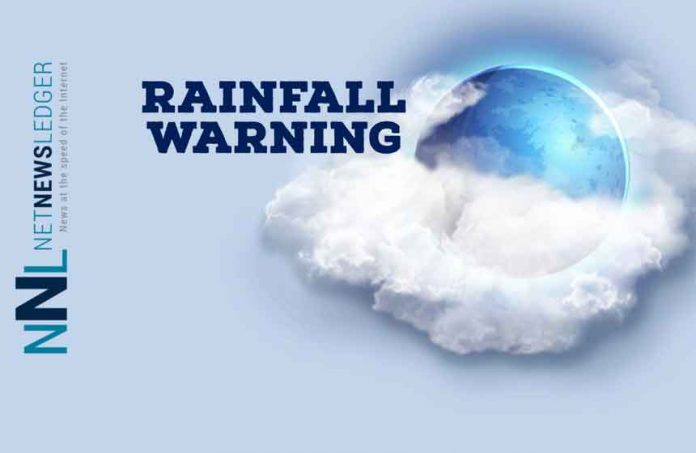SAULT STE. MARIE – Weather – The rain continues. All one can say is this is going to be great for the lawns and gardens and the forests. As you start your week start with a smile and try hard to enjoy the weather.
Sault Ste. Marie continues to experience significant rainfall under a persistent advisory, with heavy showers expected throughout the day due to a low-pressure system. The already saturated ground heightens the risk of localized flooding, particularly in low-lying areas.
Today’s Weather Overview
Current Conditions
As observed at 5:00 AM EDT at Sault Ste. Marie Airport, conditions are marked by light rain with a temperature of 2.8°C. Atmospheric pressure is falling at 101.7 kPa, and humidity is at a maximum of 100%. East winds are steady at 20 km/h, gusting up to 36 km/h, and visibility is reduced to 8 km due to the rain.
Expected Conditions
Monday will see continued rainfall, with expected amounts ranging from 10 to 20 mm. Winds will remain from the east, gusting up to 50 km/h, with a high of only 7°C and a low UV index of 1, indicating minimal solar radiation.
Tonight, the area will remain cloudy with a 70% chance of showers and potential development of fog patches. Winds will decrease to light levels after midnight, with temperatures maintaining a low of around 5°C.
Tomorrow’s Forecast
Tuesday, April 30, will start cloudy with a 70% chance of showers, decreasing to 30% near noon as fog patches dissipate. Winds will shift to the northwest at 20 km/h in the afternoon, with a moderate day’s high of 10°C and a UV index of 3.
Wednesday, May 1, offers a mix of sun and cloud with a 60% chance of showers. Temperatures will be noticeably warmer, reaching up to 18°C. The night will see cloudy periods with a low of 6°C.
Wardrobe Recommendations
Residents should prepare for persistent rain and potential fog by wearing waterproof outerwear and footwear. An umbrella and layers that can be adjusted for varying temperatures throughout the day are advisable.
Weather Trivia
Did you know? Sault Ste. Marie’s location between Lake Superior and Lake Huron can cause rapid weather changes, particularly influencing precipitation patterns during the spring and fall seasons.







